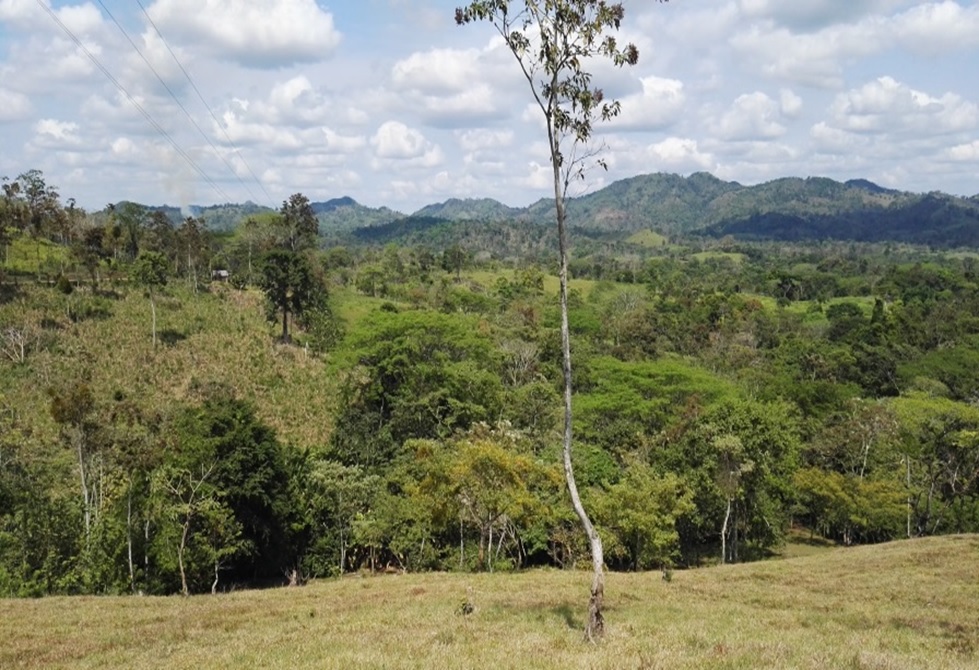Congress Spotlight #74 – Computer Science Solutions to Better Understand Forest Cover and Land Use Changes in Brazil
Congress Spotlight #74 – Computer Science Solutions to Better Understand Forest Cover and Land Use Changes in Brazil
Using 21st century technology to examine the dynamics of land use and land cover (LULC) in tropical forests over time, and how those forests are affected by the changes, will be among the subjects discussed at the IUFRO World Congress in Brazil shortly.
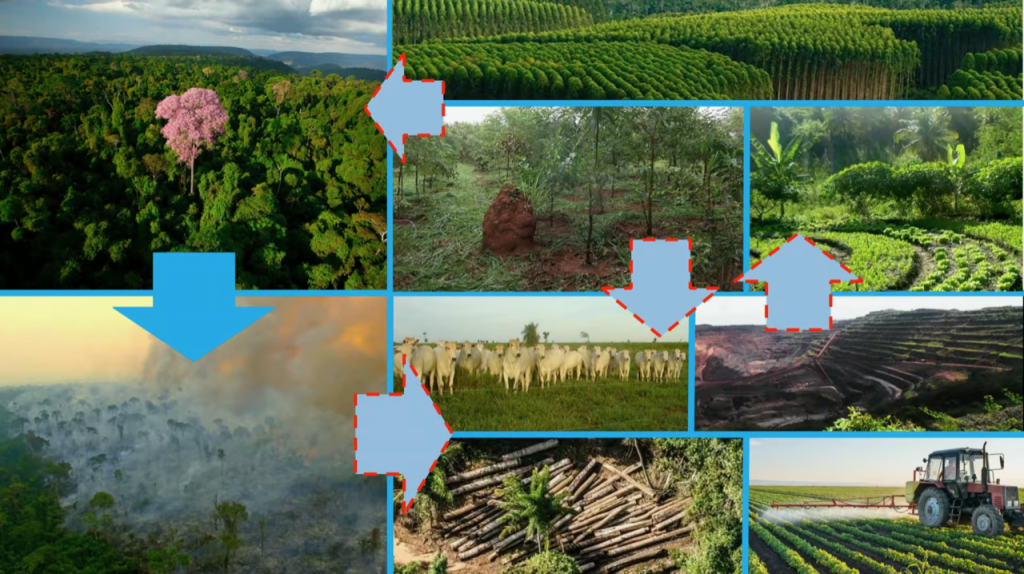
Congress Spotlight #73 – A Quest for Fairness in Forest Management Decisions: Integrating Indigenous Rights, Practices and Knowledge
Congress Spotlight #73 – A Quest for Fairness in Forest Management Decisions: Integrating Indigenous Rights, Practices and Knowledge
“The practices, rights and knowledge of Indigenous Peoples in forestry are being increasingly recognized by national policies, international treaties and by business arrangements such as certification,” said Dr. Stephen Wyatt of the School of Forestry at the University of Moncton in New Brunswick, Canada.
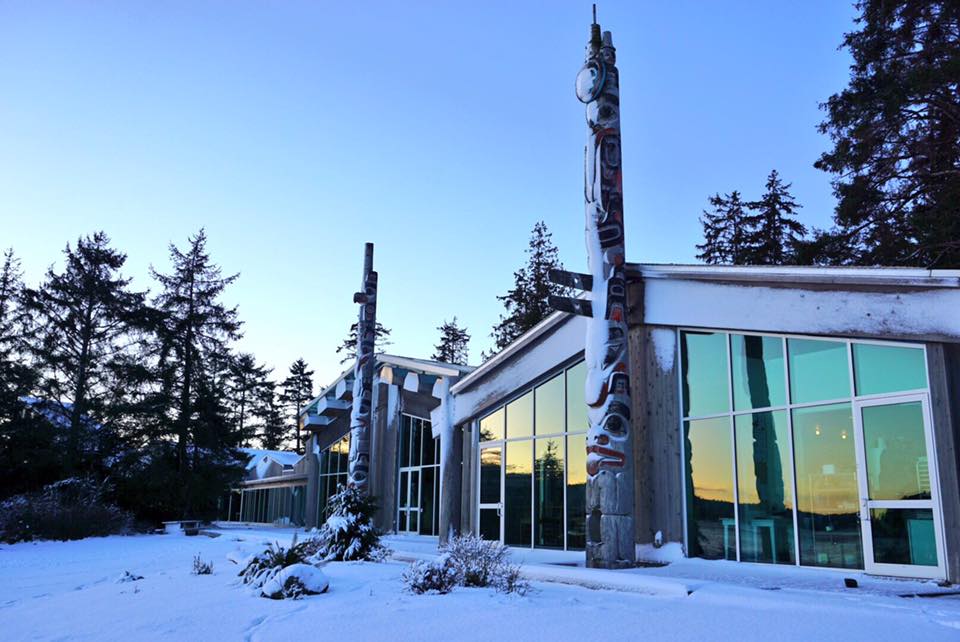
“But,” he said, “actually putting these into practice is challenging.”
Read more…How will the Sustainable Development Goals affect forests and people?
How will the Sustainable Development Goals affect forests and people?
Since Agenda 2030 was launched in 2015, plenty of attention has been paid to the contributions which forests can make to its 17 Sustainable Development Goals (SDGs). However, relatively little attention has been given to the possible impacts which the SDGs will have on forests, forest ecosystems and people benefitting from forests, and how this might contribute to, or undermine, the role forests play in improving human well-being and protecting the environment.
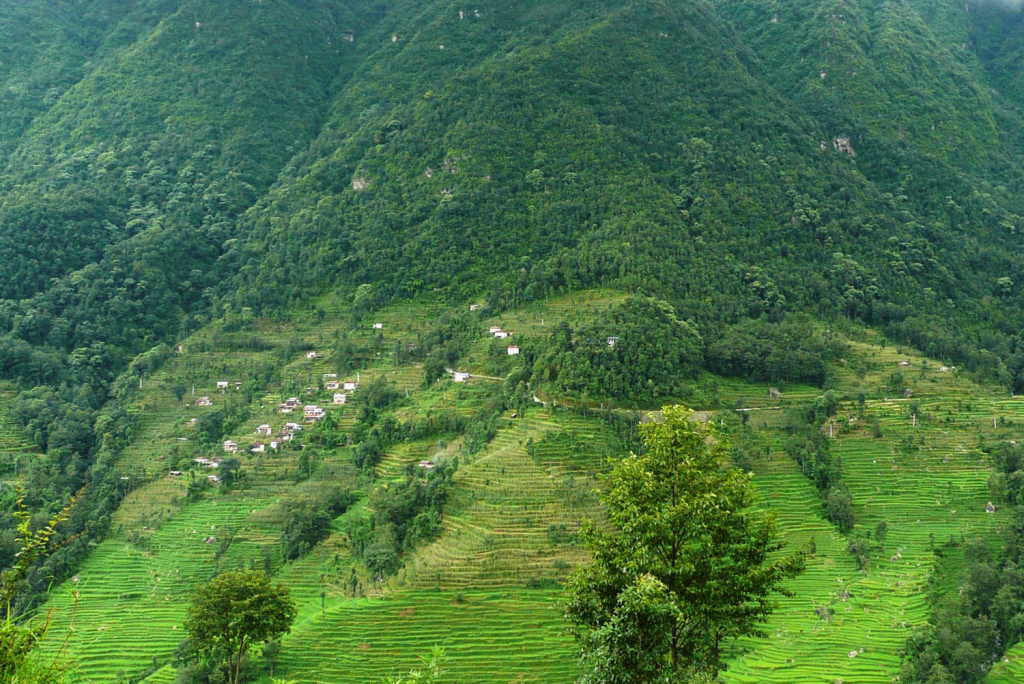
Putting a Halt to Tropical Forest Loss is a Matter of Human Survival
Putting a Halt to Tropical Forest Loss is a Matter of Human Survival
(Vienna, 9 September 2019) Never before, it seems, have forests received as much public attention as at present. Sadly, the reasons for this are most distressing: forest fires of unprecedented dimensions all over the globe; a growing lack of resistance of trees to stressors such as drought, pests and diseases; and the uncontrolled exploitation of forests in environmentally sensitive areas.
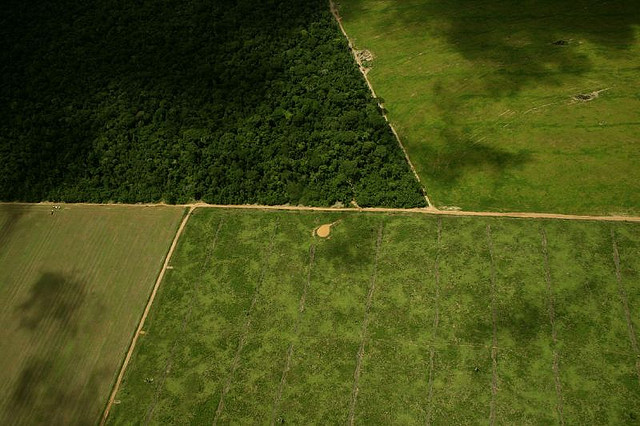
Congress Spotlight #72 – Radioactive Contamination and Forests: Learning Lessons from Chernobyl and Fukushima
Congress Spotlight #72 – Radioactive Contamination and Forests: Learning Lessons from Chernobyl and Fukushima
Forests, except in the most severe cases, are quite resilient to radioactive contamination and will continue functioning normally.
That is one of the surprising takeaways from the nuclear accidents in Chernobyl and Fukushima.
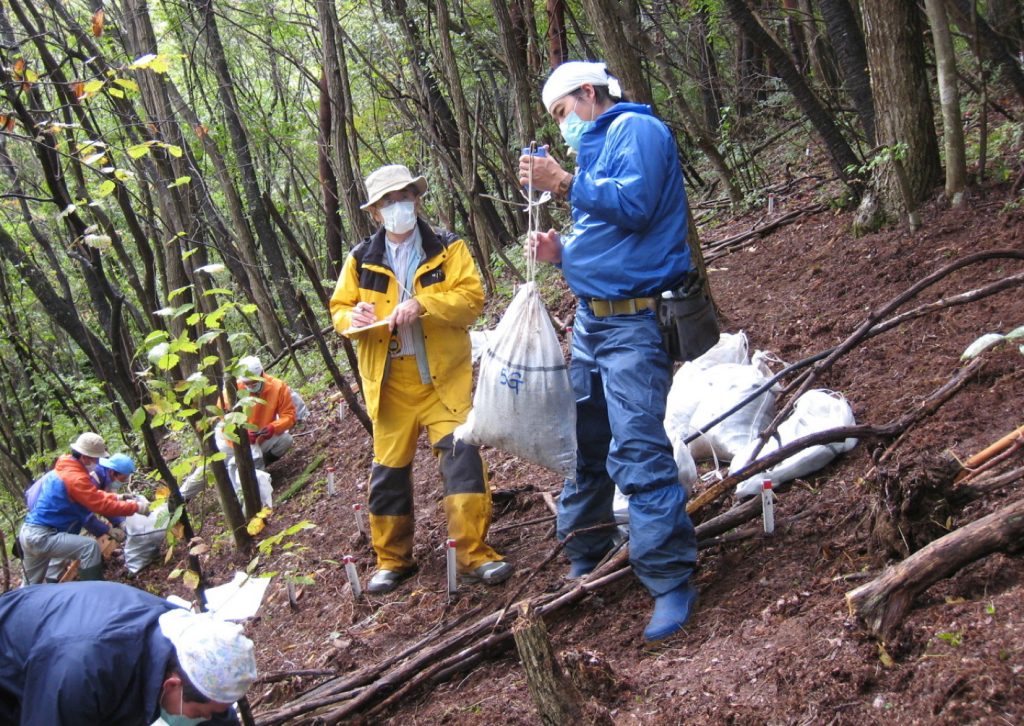
Photo: FFPRI
Congress Spotlight #71 – High Time to Again Pay More Attention to Ecological Processes in Sustainable Forest Management
Congress Spotlight #71 – High Time to Again Pay More Attention to Ecological Processes in Sustainable Forest Management
Human needs and our environment continue to change. Because of that, forest management practices, in terms of sustainable forest management (SFM), need to be updated, said Dr. Liu Shirong, Professor of Forest Ecology and Hydrology and President of the Chinese Academy of Forestry, Beijing, China.
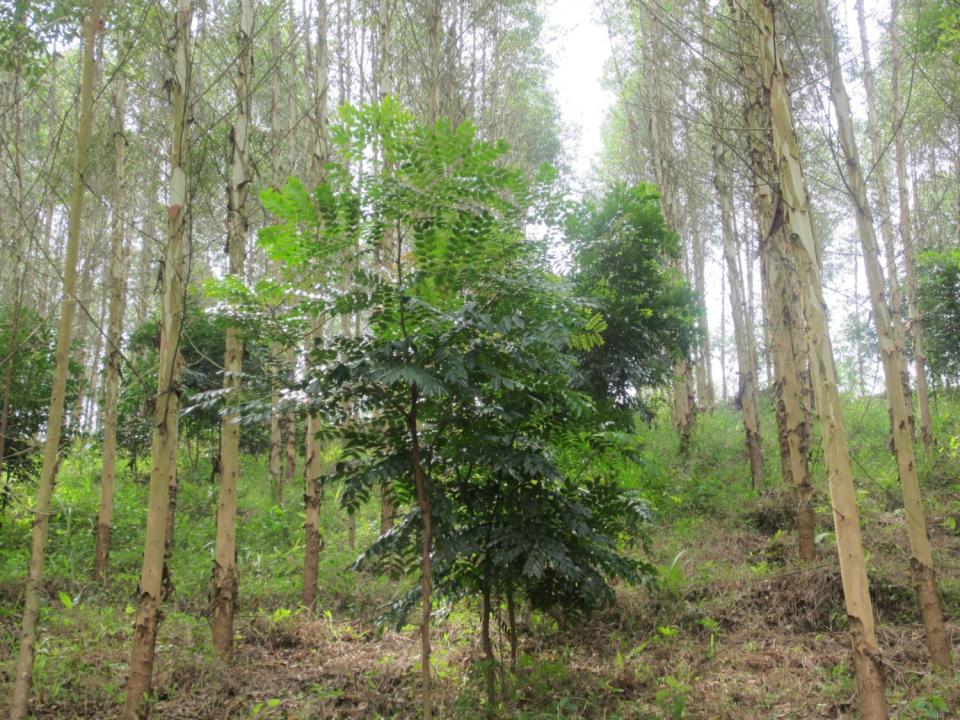
Congress Spotlight #70 – Explaining forest research findings to non-scientists: Some tools and ideas to facilitate communication
Congress Spotlight #70 – Explaining forest research findings to non-scientists: Some tools and ideas to facilitate communication
Communication has been defined as the process of passing information and understanding from one person to another. But, to be effective, the information passed must be in a language and terminology that the person or persons receiving it will understand.

Congress Spotlight #69 – Sifting through underlying values and ethics to make sound nature management decisions
Congress Spotlight #69 – Sifting through underlying values and ethics to make sound nature management decisions
How does one decide how to manage a forest ethically?
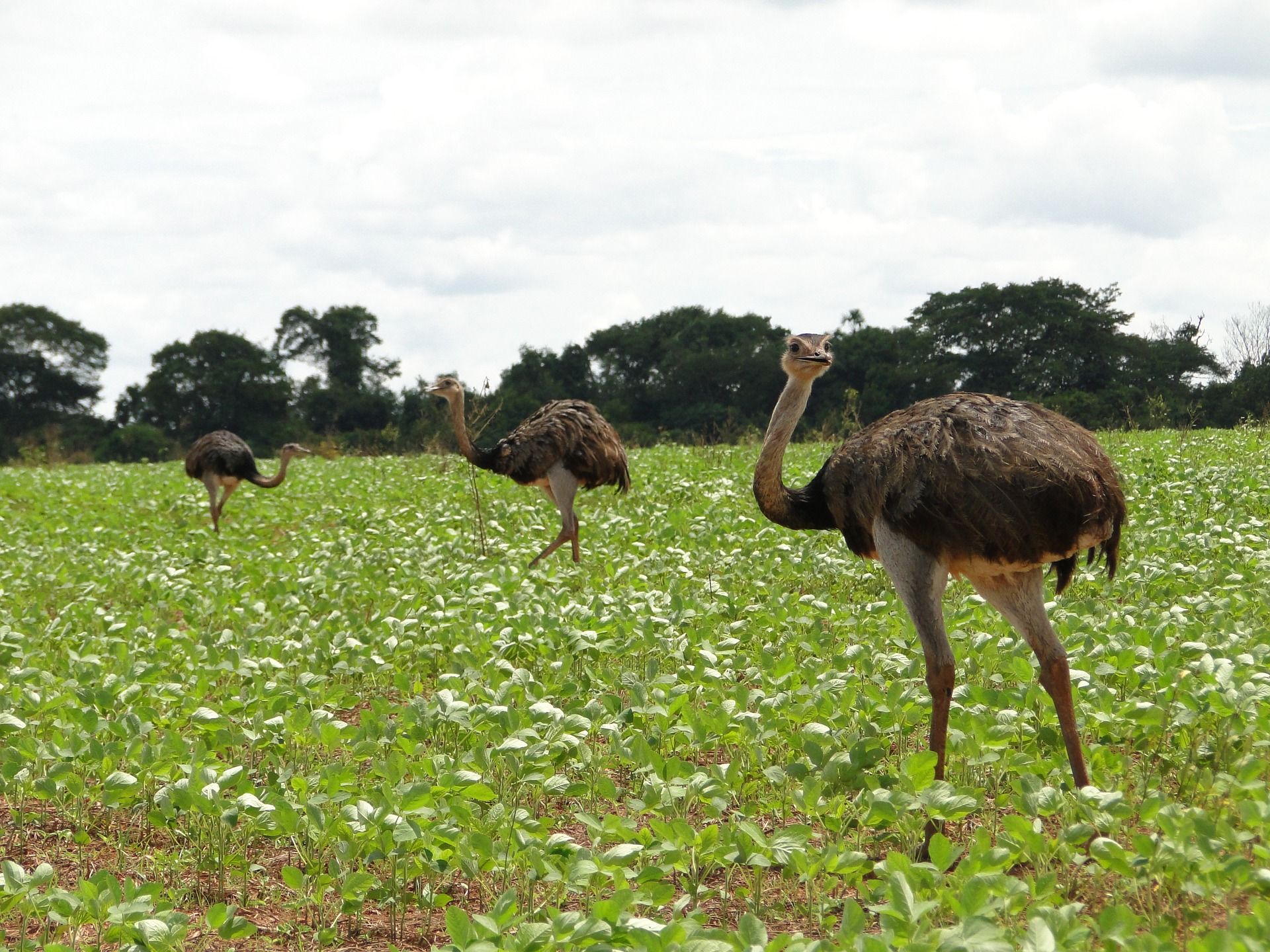
One could simply say: do the right thing. But, the right thing for whom? And defining right and wrong – concepts that can vary according to moral climate or individual circumstance – is not all that simple.
Read more…Congress Spotlight #68 – Forest Trees and the Climate Change Challenge: Survival May Mean Diving into the Gene Pool
Congress Spotlight #68 – Forest Trees and the Climate Change Challenge: Survival May Mean Diving into the Gene Pool
Because of climate change, forest tree species have three options. They can adapt, migrate, or extirpate.
“The outcome depends upon the tree species and population, its genetic variation, its reproductive biology and flowering synchronization, its migration potential and whether the environments in the areas it can migrate will be hospitable enough to allow it to survive,” said Dr. Paraskevi Alizoti of the Laboratory of Forest Genetics and Tree Improvement in the School of Forestry and Natural Environment at Aristotle University of Thessaloniki, Greece.

Source: http://map-fgr.entecra.it/?page_id=1377
Photo by Piero Belletti
IUFRO Spotlight #67 – Tapping the potential of restoring disturbed tropical forests
IUFRO Spotlight #67 – Tapping the potential of restoring disturbed tropical forests
Since the 1980s most deforestation globally has occurred in tropical countries – Africa, South America and Asia. The high rate of deforestation and degradation contributes to the disappearance of 13 million hectares of tropical forests each year.
